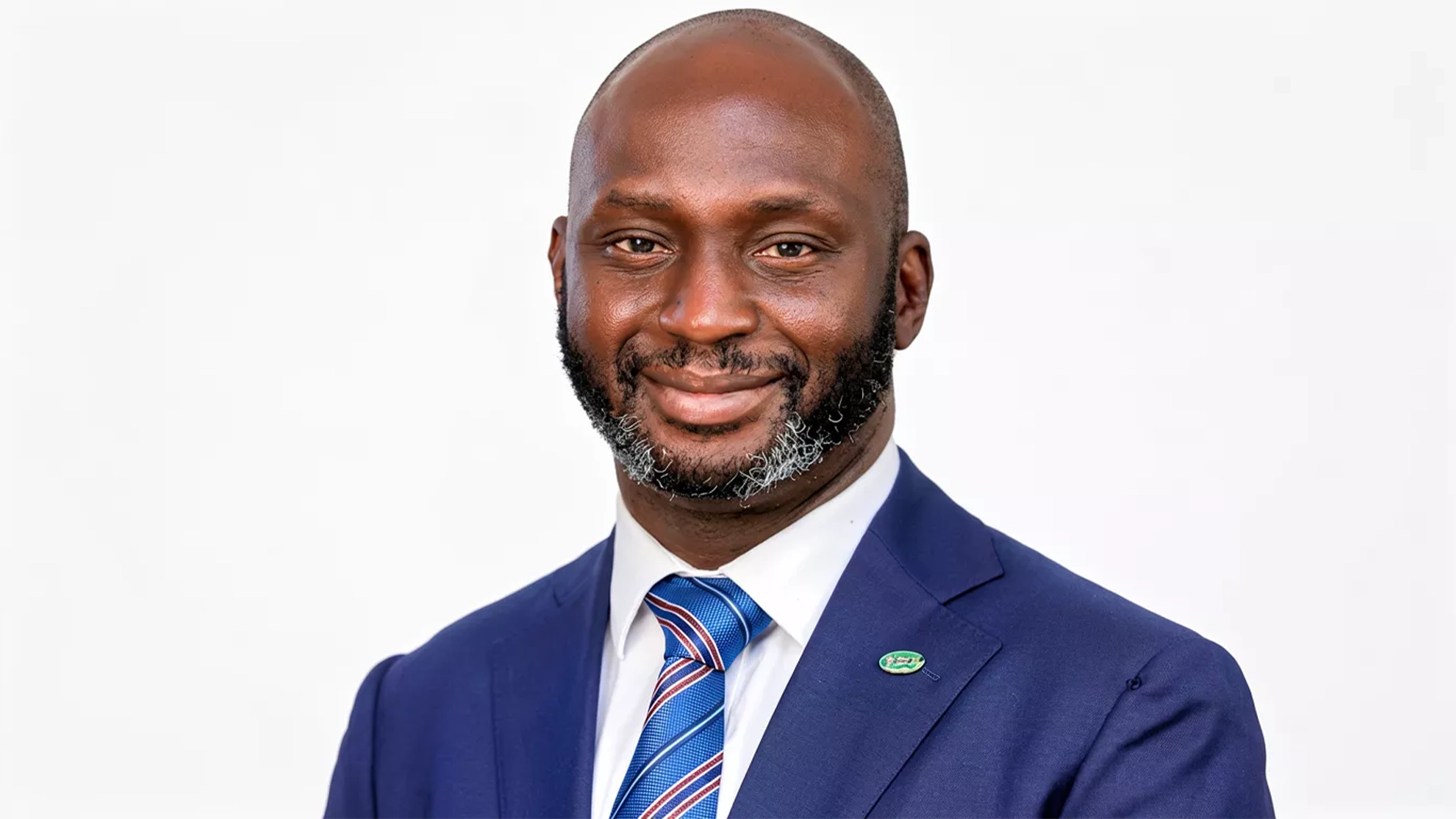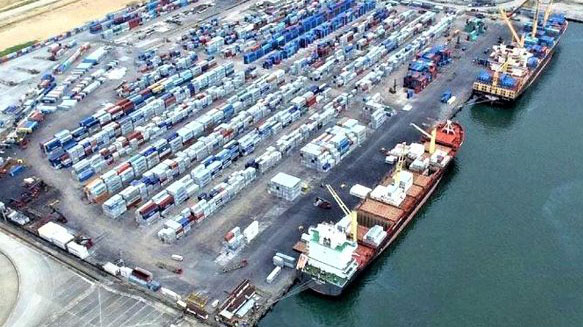In a decisive move to improve safety and accountability on Nigeria’s waterways, the Nigerian Safety Investigation Bureau (NSIB) is developing the country’s first set of dedicated regulations for marine accident investigations.
The regulatory framework, when completed, will provide legal and operational guidance for probing incidents across inland and coastal waters, aligning Nigeria with international maritime safety standards.
The initiative is part of the bureau’s mandate under the NSIB Act 2022, which empowers it to investigate accidents across all modes of transportation, including marine.
While the bureau has led inquiries into aviation and rail incidents, the absence of specific regulations for marine casualty investigations has long left a major gap in Nigeria’s transportation safety system.
To fill this, NSIB commissioned a Marine Casualty Investigation Regulations Committee, chaired by Abdullahi Babanya, to undertake technical visits and stakeholder engagements across strategic maritime locations.
The visits, which spanned Lokoja and Ganaja in Kogi state, Agatu in Benue state, Baro in Niger state and the Lekki Deep Sea Port in Lagos state, were designed to assess local realities and gather insights needed to build a practical and enforceable framework.
Speaking on the initiative, the Technical Adviser to NSIB CEO, Captain Martins Avaan, emphasised that the Committee’s approach mirrored the DG/CEO’s vision for NSIB to develop an adapted regulatory framework that reflects local operational contexts while aligning with global best practices.
“Through these engagements, we aim to deliver contextually relevant regulations that will strengthen Nigeria’s capacity to investigate marine casualties, enhance safety and ultimately save lives on our waterways and coastal waters,” he said.
The regulations are expected to become a cornerstone of NSIB’s broader push to establish a modern, multi-modal transportation safety regime in the country. By laying the groundwork through field-based consultations and technical evaluations, the Bureau is seeking not just compliance with international best practices, but the creation of a homegrown safety system capable of addressing Nigeria’s unique operational challenges.






